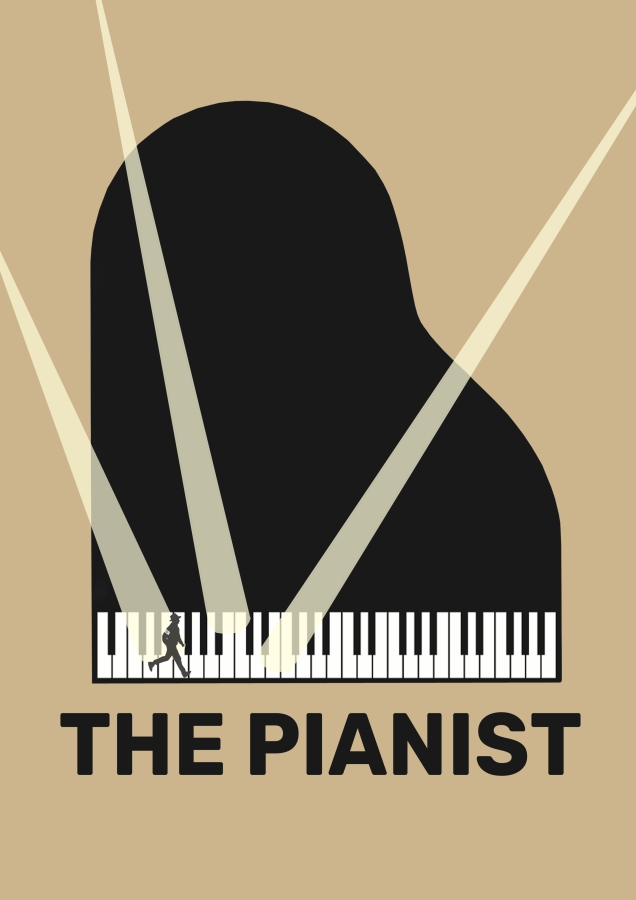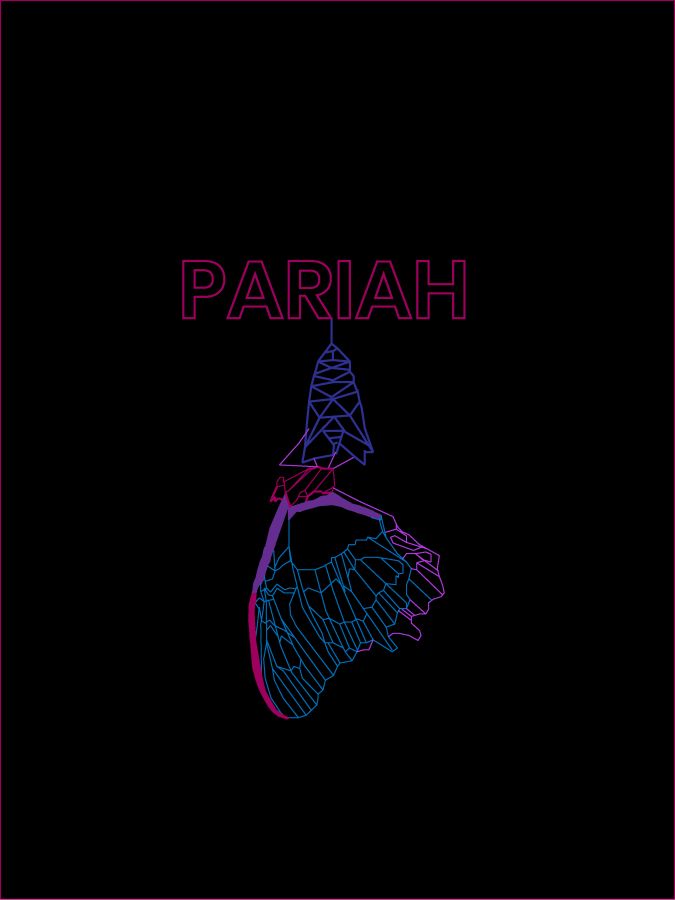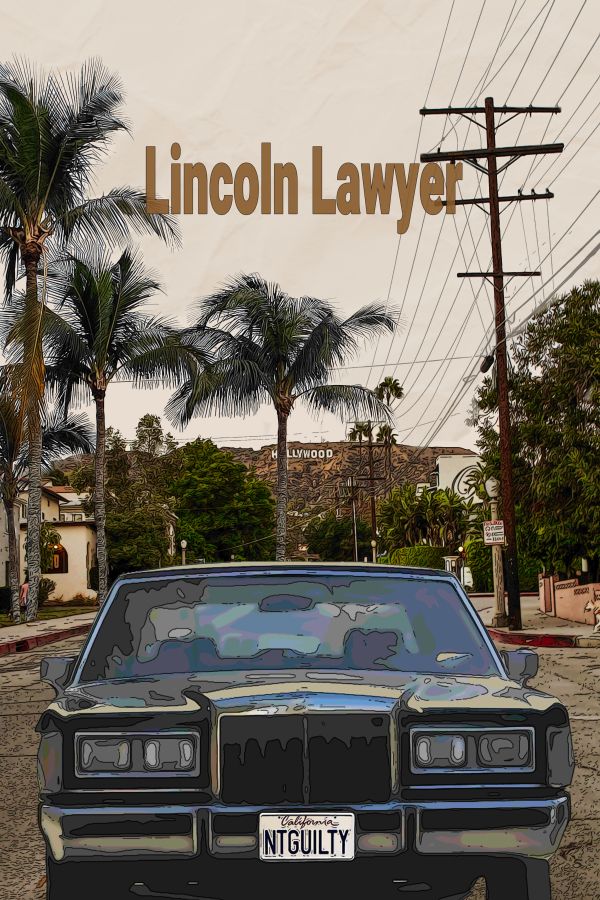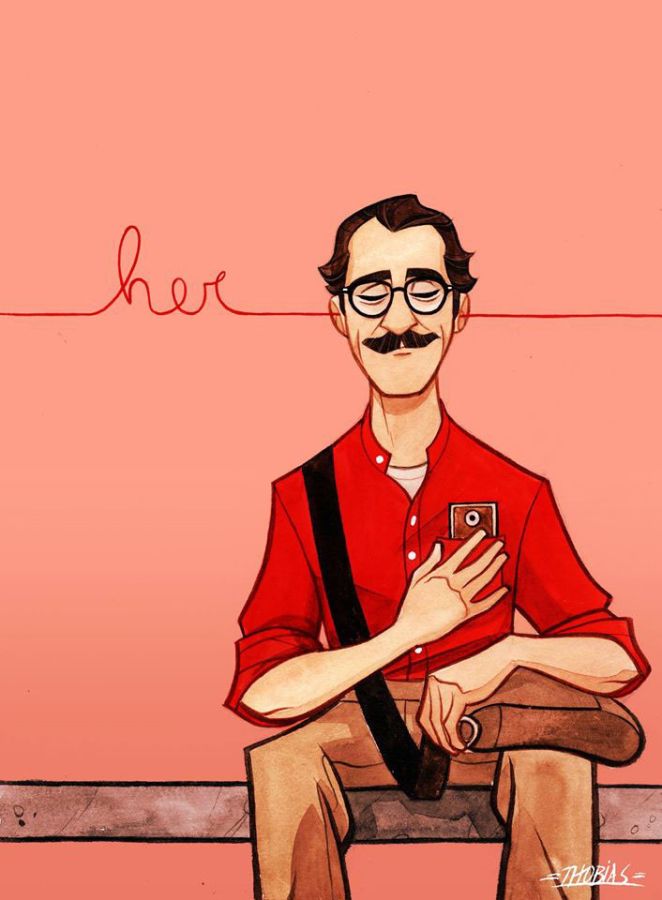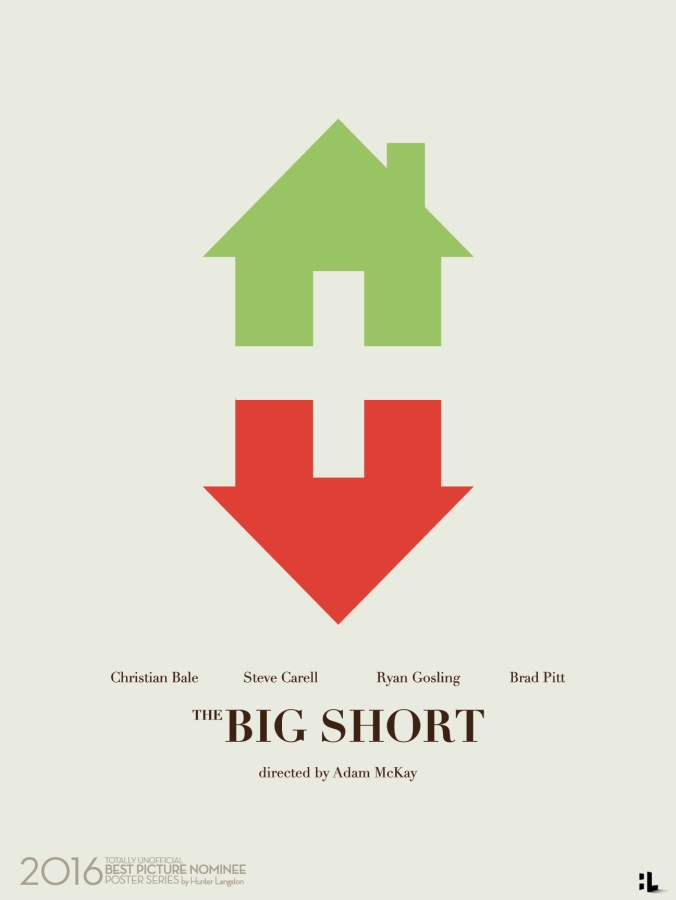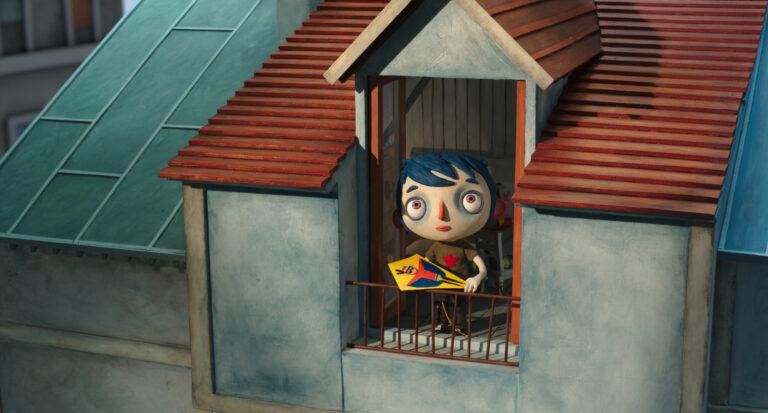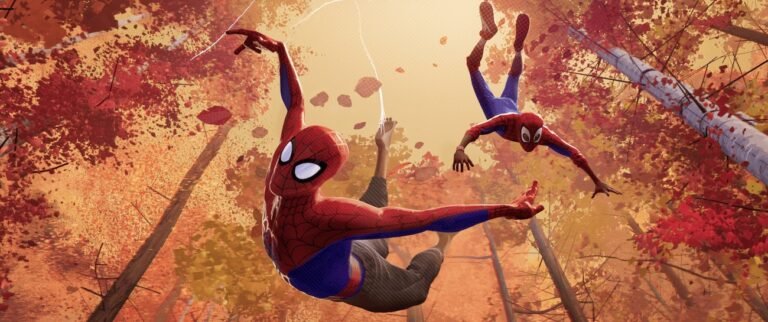Wladyslaw Szpilman (Adrien Brody) was an exceptionally talented pianist, celebrated in his home country of Poland until 1939, when things took a drastic turn with Germany’s occupation and because Szpilman was Jewish. Based on his memoir of the same name, The Pianist unfolds a visual and painful narrative of life in the occupied capital of Warsaw, and the extreme spirals of Szpilman’s day-to-day as he tries to navigate his way through surviving each of them.
In director Roman Polanski’s hands, the film has a true conveyance of being tangible; the costumes, the settings, the emotions and experiences immersing you into a world you can’t get out from, the pain all too real because it is. Using his own experiences of growing up in a Krakow at a time of persecution, of being confined in a ghetto, the forced identification of armbands, to the painful loss of family – means that Polanski is able to share and provide a greater depth of reality to the film, and to transfer the honesty of Szpilman’s experiences to the screen.
Opening with black and white footage of Warsaw in 1939, it shows the general public living their daily lives with no interruption, but the accompanying score is hauntingly melodic – a foreboding of what’s to come as the city is invaded by Germany – with the pianist being revealed as Szpilman. The movie then transitions to colour, taking us from the present day into the world of our protagonist, and as such feeling the weight of what’s to come. But even as the bombs fall, Szpilman keeps playing, and with this we’re told another important thing – he lives for his music. When Szpilman comes to finally leave the building, (bombs having directly hit part of it), he meets the appealing Dorota (Emilia Fox) who’s equally as relaxed they stand on the stairs talking like it’s the strangest meet cute ever – almost like a sliding doors moment in imagining what could have been.
Szpilman is calm, casual and beyond laid back about the invasion. “I’m not going anywhere…….if I’m going to die, I prefer to die in my own home, staying put” he declares as his family frantically pack around him – his words another a warning. The hints of which are cleverly placed throughout, and brilliantly done in an early radio broadcast – switching between Britain declaring war on Germany and its announcement of France as an ally, while between which the harsh rhetoric of Hitler’s speech broke through. This serves not only to explain why so many stayed in Poland, but in the transmission being cut by Hitler – reminds the audience of what’s coming. Historical films have a cruelty to them; you know the outcome, while all you can do is watch the characters as they remain oblivious and continue to walk further into danger. Hindsight can be grim, even more so as we’re shown the first steps of what will come.
“We could walk in the park.”
“No, we can’t. It’s an official decree. No Jews allowed in the park.”
“My God. Are you joking?”
“I’m not joking, it’s true. I’d suggest we sit on a bench somewhere but that’s another official decree, no Jews allowed on public benches.”
“This is absurd!”
The point well made in the ridiculousness of the rules, the shock of this repeated again when everyone who’s Jewish is made to live in an over-crowded and segregated part of the city, with Dorota stating “It’s too absurd” – the absurdity increasing, and spoken loudly enough for the audience to hear. The director literally ramming the point home, but you’d be foolish not to see it yourself, but then that’s their point – there were people seeing this, causing it, and others living it, and yet these absurd measures happened.
There’s no shortage of atrocities in The Pianist, their impact never lessened or shied away from, and in this no respite is given to the audience, just as it wasn’t for those living it. However, one of the hardest hitting moments is not one of the bloodiest, but when people are made to dance by bored soldiers. Their tired figures swaying on a muddy ground, while the bodies of those executed or starved to death are left to rot at the sides. The scene displaying the soldiers’ indifference and inhumanity, against the juxtaposition of lives lost. Another method Polanski repeats, is showing the contrasts of life; from Szpilman witnessing executions one day, to performing the next at a café for the elite; or to an abundance of food, while living skeletons build a wall that locks them from it. Each is sickening, and holds the frightening reality of truth to it.
At times however, the plausibility of The Pianist is questionable. From an idiotic moment in choosing a coat which could spell death, to Szpilman’s earlier hideouts. Moving from being concealed in a cache of contraband explosives – his legs pulled in tight so as not to knock them, but I’d hold my breath if I was him. To another providing views of the uprising, and then by random selection a house that would later turn out to be used by the Germans as their headquarters – however, and this is key, the film is based on Szpilman’s memoirs. His remarkable story being true, with his survival due to multiple chances of luck in a luckless world. Yet for his fortune in surviving these, he’s forced to watch as death and destruction reign down on those around him. He might be rescued from the fire but in witnessing such harrowing and traumatic events, is he really saved?
The cinematography at times is overly attentive to its own aesthetics; such as the moonlight atmospherics on a piano, the careful centring of bombed-out streets, to dabbles of light that hit just so. But it’s the darker settings of midnight walks in the snow, and bricked wall that follows a line of prisoners, that’s the most poignant and memorable.
There’s a lovely moment in Szpilman’s journey when he sees a piano for the first time, the temptation to play it being beyond overwhelming and yet he cannot make a noise. It’s therefore a cold beauty when his fingers play a melody just above the striking of keys, the tune played only in his head. Its scene is as entrancing as it is heart-breaking, telling us that his soul is still in there, even if it’s quiet. Remarkable as it is horrifying, The Pianist – like Szpilman’s music – lasts long into the heart.
Director: Roman Polanski
Other notable works:
- The Ghost Writer 2010
- Death and the Maiden 1994
- The Tenant 1976
- Chinatown 1974
- Rosemary’s Baby 1968
Writer: Ronald Harwood
Other notable works:
- The Diving Bell and The Butterfly 2007
- The Browning Version 1994
- The Dresser 1983
Based on Wladyslaw Szpilman’s memoir The Pianist: The Extraordinary Story of One Man’s Survival in Warsaw, 1939-45.

